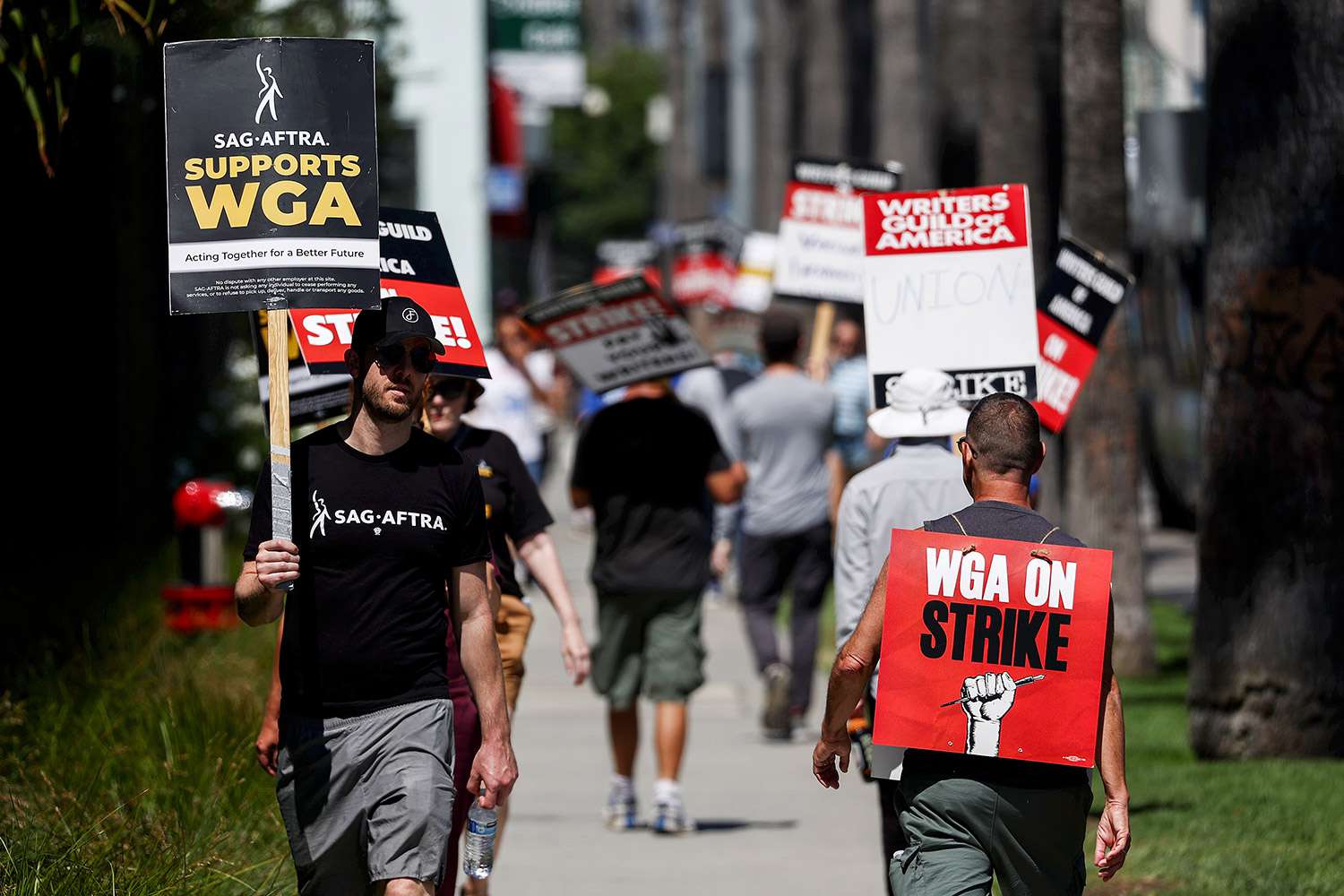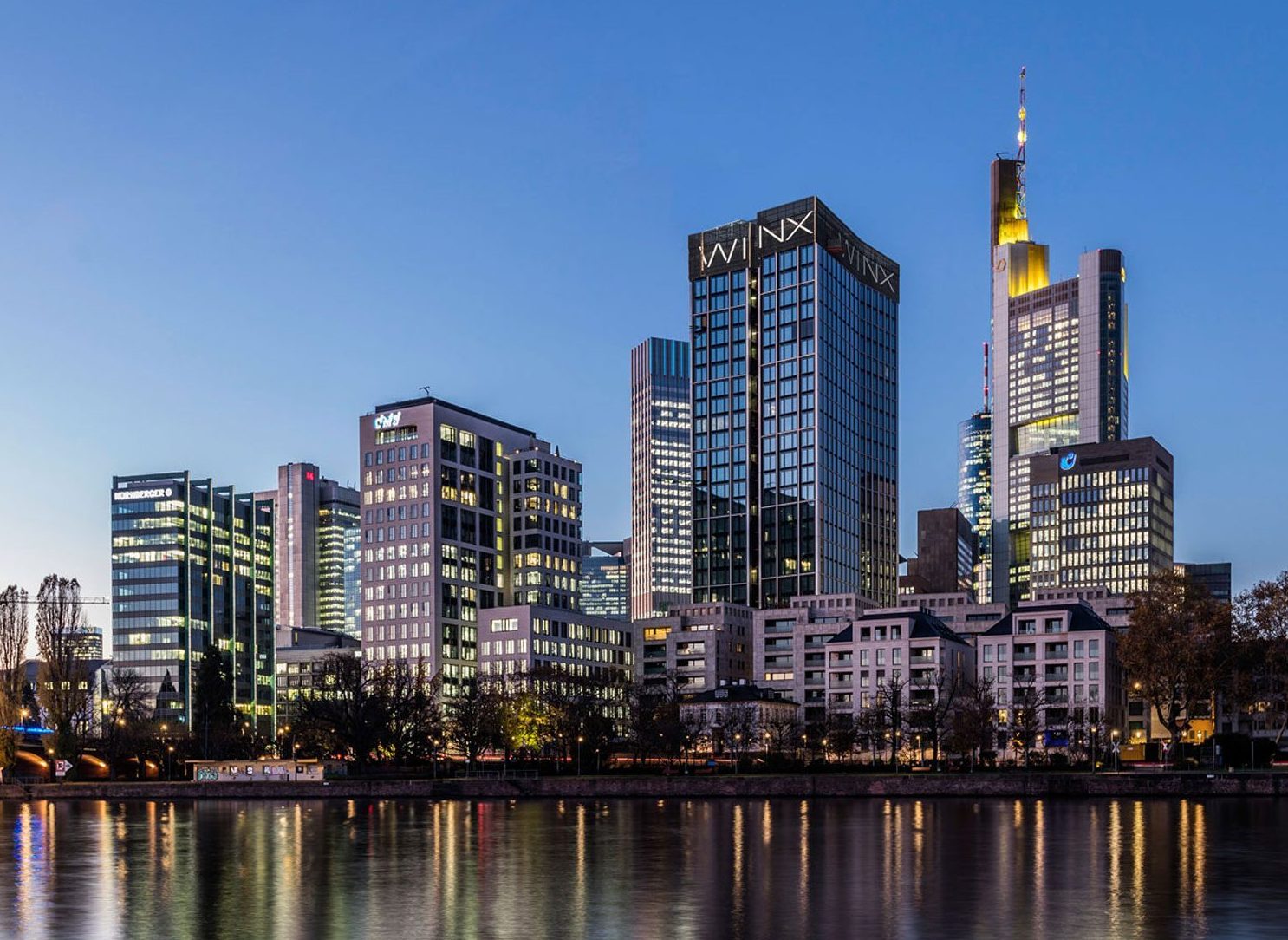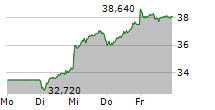Hollywood At A Standstill: The Combined Writers' And Actors' Strike

Table of Contents
The Core Issues Fueling the Hollywood Strike
The current Hollywood strike is not a single issue but a confluence of long-simmering problems brought to a head by the changing landscape of the entertainment industry. These core issues demand immediate attention and resolution.
Fair Wages and Residuals in the Streaming Era
The shift from traditional television to streaming has dramatically altered the compensation landscape for writers and actors. While streaming services boast massive global audiences, the payment structures haven't kept pace, leading to significant decreases in residuals and overall compensation for many.
- Streaming services often pay significantly less than traditional TV networks. A writer or actor might receive a flat fee for their work on a streaming series, with little to no additional compensation based on the show's success. This contrasts sharply with the traditional model of television, where residuals provided ongoing income based on reruns and syndication.
- The fight for a larger share of streaming profits is central to the strike. Actors and writers argue that they deserve a greater share of the immense profits generated by streaming platforms, reflecting the value of their creative contributions.
- Mid-level and background actors are particularly vulnerable. These individuals often rely heavily on residuals for their livelihood, and the decline in this income source has significantly impacted their financial stability. This impacts the entire Hollywood economy.
Concerns Regarding Artificial Intelligence (AI)
The rapid advancement of artificial intelligence has introduced a new set of concerns for writers and actors. The potential for AI to replace human creatives, especially in the areas of scriptwriting and digital character creation, is a major point of contention.
- AI tools are increasingly used in scriptwriting and editing. This raises concerns about copyright infringement and the ownership of creative work generated with AI assistance.
- The creation of digital copies of actors using AI is another significant concern. This practice could potentially devalue the actors' work and lead to the displacement of human performers.
- The unions are demanding safeguards and regulations to protect the rights of writers and actors in the age of AI. They are seeking to prevent the exploitation of their work and ensure that AI is used responsibly and ethically. This struggle is central to discussions around AI rights and the future of actor pay and writer pay.
Working Conditions and Job Security
The demanding working conditions and lack of job security in Hollywood have long been sources of frustration for writers and actors. The current strike highlights the need for significant improvements in these areas.
- Long hours and unrealistic deadlines are commonplace. The pressure to deliver high-quality work under tight deadlines often leads to burnout and compromises to the creative process. This impacts the overall Hollywood economy and the quality of production.
- The rise of the "gig economy" in Hollywood has exacerbated job insecurity. Many writers and actors find themselves working on a project-to-project basis, without the stability of long-term employment or benefits.
- Access to health insurance and retirement benefits is often limited. Many creatives struggle to afford adequate healthcare and secure their financial futures, a major point of contention driving the Hollywood strike.
The Impact of the Hollywood Strike
The Hollywood strike has far-reaching consequences, extending beyond the entertainment industry itself and impacting the broader economy.
Economic Fallout
The strike is causing significant economic disruption, impacting numerous sectors and individuals.
- Production companies are experiencing substantial losses in revenue. Delayed projects and cancelled productions result in significant financial setbacks for studios and production houses. The Hollywood economy feels the sting of this.
- Job losses are extending beyond the entertainment industry. The strike is impacting businesses that rely on the film and television industry, such as hotels, restaurants, and transportation services.
- Tourism and related industries are also feeling the impact. The absence of major film premieres and events is affecting local economies that depend on tourism related to Hollywood.
The Ripple Effect on Film and Television Production
The strike has brought numerous film and television projects to a grinding halt, leading to significant delays and impacting release dates.
- High-profile projects, including major films and television series, have been affected. The strike creates significant movie production delays and TV show delays across the industry.
- Upcoming releases are being postponed, disrupting the release calendar. This impacts not only the studios but also the actors, writers and other creative professionals involved.
- The awards season is also expected to be impacted. The strike could affect the eligibility and timing of submissions for major awards shows.
Public Opinion and Support
The striking writers and actors have garnered significant public support, with many people understanding and sympathizing with their concerns.
- Social media campaigns have shown widespread support for the strike. Actors and writers are using their platforms to express their concerns and raise awareness.
- Celebrity endorsements have amplified the message and brought further attention to the issues. The participation of well-known actors and writers strengthens the movement.
- Public opinion is increasingly aware of the unfair practices and working conditions in Hollywood. This increased awareness helps to push for significant reform within the industry.
Conclusion
The Hollywood strike, fueled by concerns over fair compensation in the streaming era, the rise of AI, and inadequate working conditions, represents a critical turning point for the entertainment industry. The economic consequences are substantial, and the ripple effects will be felt for months to come. The outcome of these negotiations will not only shape the future of Hollywood but also set a precedent for creative industries globally. Staying informed about the progression of the Hollywood strike and the ongoing negotiations is crucial to understanding its lasting impact. Follow the news closely to see how these crucial negotiations ultimately resolve and what the future of Hollywood looks like for writers, actors, and the industry as a whole.

Featured Posts
-
 Lady Olives Disappearance Investigation Into A German Submarines Role
Apr 26, 2025
Lady Olives Disappearance Investigation Into A German Submarines Role
Apr 26, 2025 -
 Engineer Soltan Kazimovs Damen Csd 650 A Successful Launch
Apr 26, 2025
Engineer Soltan Kazimovs Damen Csd 650 A Successful Launch
Apr 26, 2025 -
 The Karen Read Murder Case A Year By Year Account
Apr 26, 2025
The Karen Read Murder Case A Year By Year Account
Apr 26, 2025 -
 Increased Resistance To Ev Mandates From Car Dealers
Apr 26, 2025
Increased Resistance To Ev Mandates From Car Dealers
Apr 26, 2025 -
 Velikonocni Rozpocet Planovani A Setreni V Dobe Ekonomicke Nejistoty
Apr 26, 2025
Velikonocni Rozpocet Planovani A Setreni V Dobe Ekonomicke Nejistoty
Apr 26, 2025
Latest Posts
-
 German Securities Trading Act 40 Abs 1 Wp Hg Pne Ag Nutzt Eqs Pvr
Apr 27, 2025
German Securities Trading Act 40 Abs 1 Wp Hg Pne Ag Nutzt Eqs Pvr
Apr 27, 2025 -
 Offenlegungspflicht Pne Ag Nutzt Eqs Pvr Fuer Europaweite Verbreitung Gemaess 40 Abs 1 Wp Hg
Apr 27, 2025
Offenlegungspflicht Pne Ag Nutzt Eqs Pvr Fuer Europaweite Verbreitung Gemaess 40 Abs 1 Wp Hg
Apr 27, 2025 -
 Eqs Pvr Pne Ag Veroeffentlichung Gemaess 40 Abs 1 Wp Hg
Apr 27, 2025
Eqs Pvr Pne Ag Veroeffentlichung Gemaess 40 Abs 1 Wp Hg
Apr 27, 2025 -
 Grand National Horse Mortality Statistics 2025 Perspective
Apr 27, 2025
Grand National Horse Mortality Statistics 2025 Perspective
Apr 27, 2025 -
 The Number Of Horse Deaths At The Grand National Ahead Of The 2025 Race
Apr 27, 2025
The Number Of Horse Deaths At The Grand National Ahead Of The 2025 Race
Apr 27, 2025
